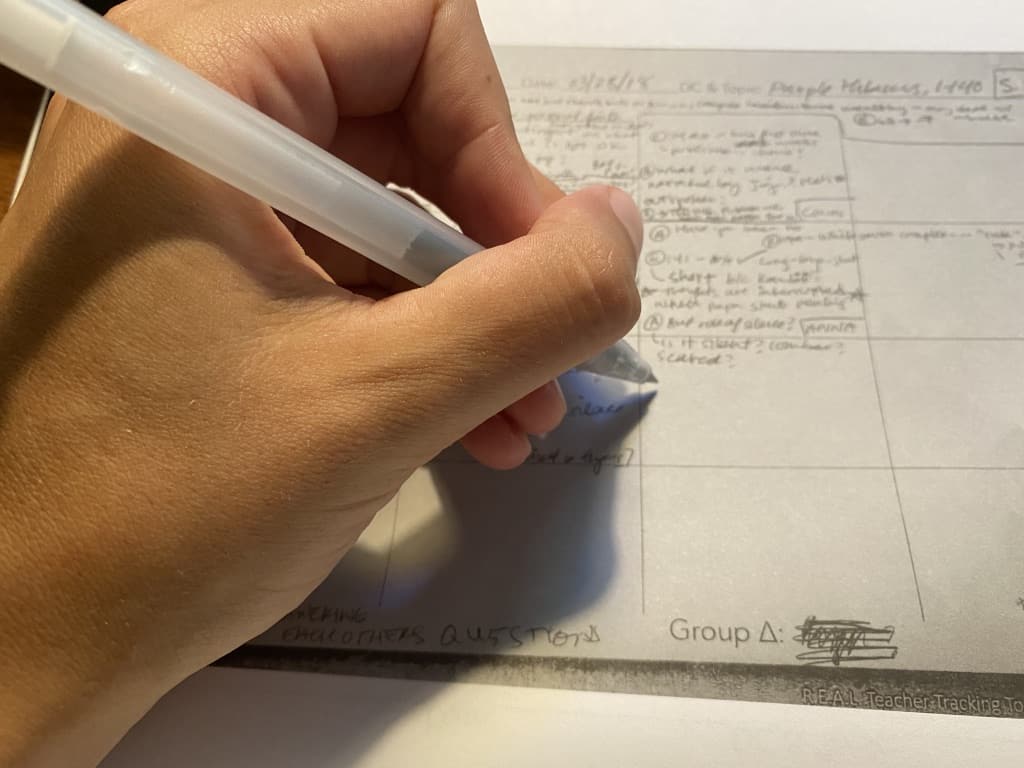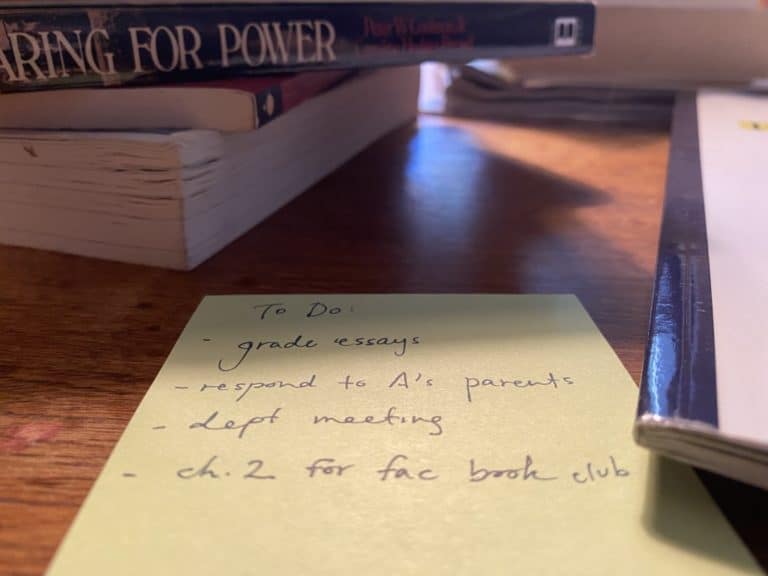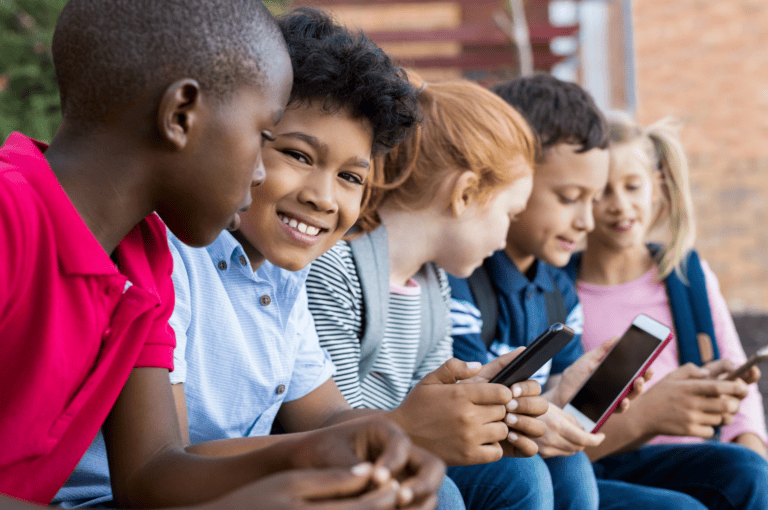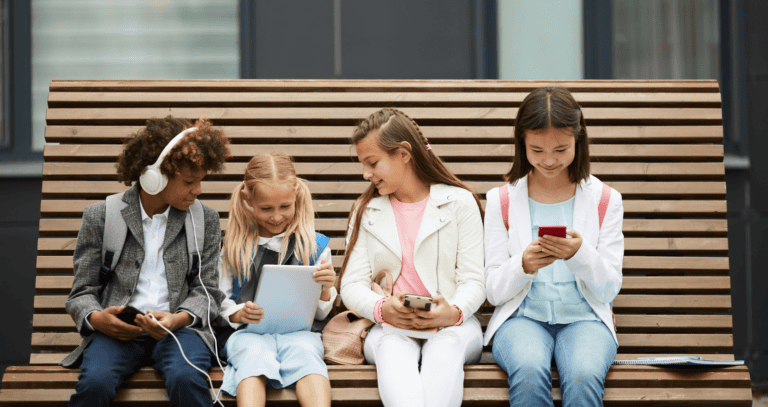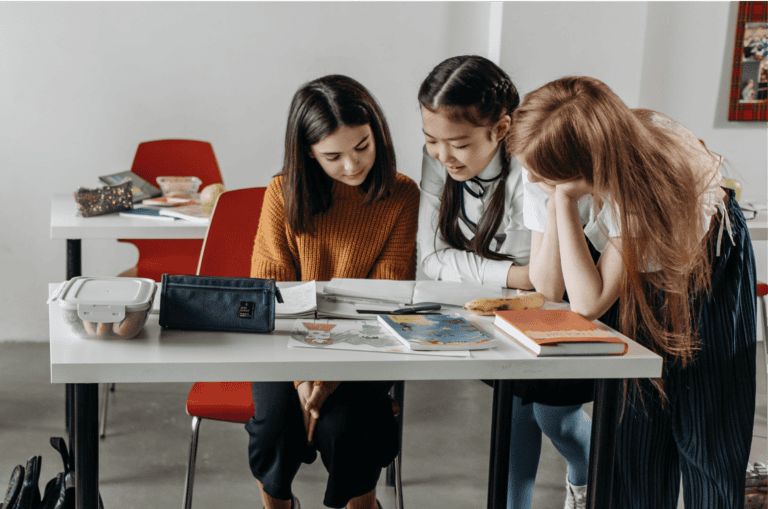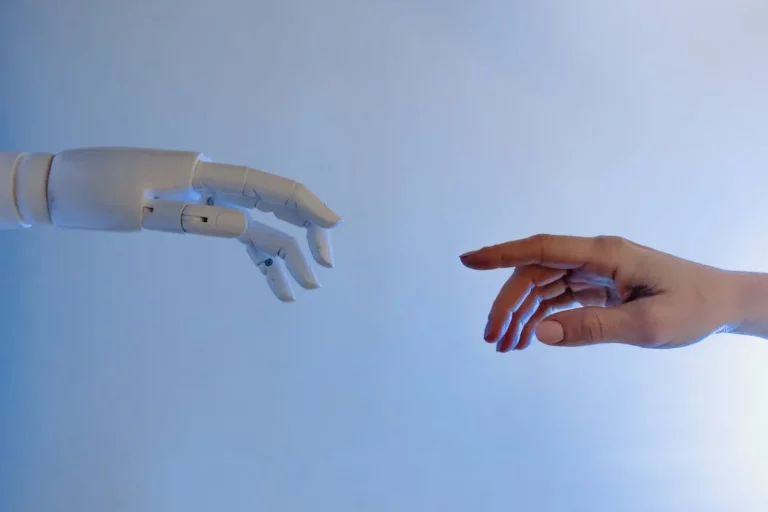Ethical Sharing, Ethical Optimism, Ethical Coursework
Beyond the Syllabus posts offer a round-up of resources that are “practice-adjacent,” as Katherine often says. We offer recs for podcasts, fiction and non, and TED talks that offer delightful – if surprising – ways to rethink or enrich discussion practice.
Newsletter Ali Griswold, Oversharing. Griswold’s popular newsletter, “Oversharing,” reports on and analyzes what she calls “the proverbial Sharing Economy.” Her articles can seem pretty business-heavy, but hear us out: Griswold’s overarching concern, as a writer, touches our lives both as citizens and as teachers. What is an exchange? What is growth? How do resources, as they change hands, cause mutual benefit (or leave residue that harms)? Griswold’s critical eye approaches the drawbacks and affordances of capitalism in our moment to draw us toward deeper questions of what it means to build and make new ways of being, together, in our world. We recommend subscribing and reading to those teachers interested in thinking differently about exchange, growth, and… well, sharing.
Podcast The Cut, “Optimism.” New York Magazine subsidiary The Cut reinstated its weekly podcast this summer, and one of new host Avery Trufelman’s first explorations was into the idea of optimism. Through reflections on her own interview process at The Cut, interviews with optimism experts, and a final interview with Ladarius Marshall, a man made famous in the Netflix miniseries Cheer, Trufelman explores how, why, and when optimism can work. Most interesting in the episode was the concept that “optimism is an explanatory process,” that “it’s the narrative you tell that allows you to move forward.” In the eyes of one of Trufelman’s experts, optimism requires labor and is learned, disproportionately, in those environments that raise you to do it. In this way, then, optimism is a skill that is learned, not just an innate ingredient in resiliency. We recommend the episode for the way that it inspires us to teach optimism actively, especially when the skill is, as the podcast notes, sprinkled disproportionately in favor of privileged people. What would it mean to scaffold this skill, to bake it into our classrooms, and what will it mean to develop an ethical optimism that respects hardship?
Report Nate Herpich, “Two online classes aim to bridge all Harvard students, schools.” Professors at Harvard discovered a lesson during last spring’s distance learning experience: a professor could bring together learners from across the University’s colleges and programs into a single space during the week. In response, two leading professors, Michael Sandel and Daniel Schrag, proposed courses that would seek to do just that in the 2020-21 school year. This brief from the Harvard Gazette introduces the interdisciplinary, interprogram classes: Sandel’s is “Justice: Ethics in an Age of Pandemic and Racial Reckoning,” and Schrag’s is “Confronting Climate Change: A Foundation in Science, Technology, and Policy.” We loved reading about the courses both for the way that they leverage the affordances of the hybrid/online platform and for their descriptions of syllabi that respond to the present with wisdom that spans across intellectual fields and intellectual history. We recommend it for teachers who are interested in building new course materials and approaches that respond to the present moment — on pedagogical and content levels — head-on.
